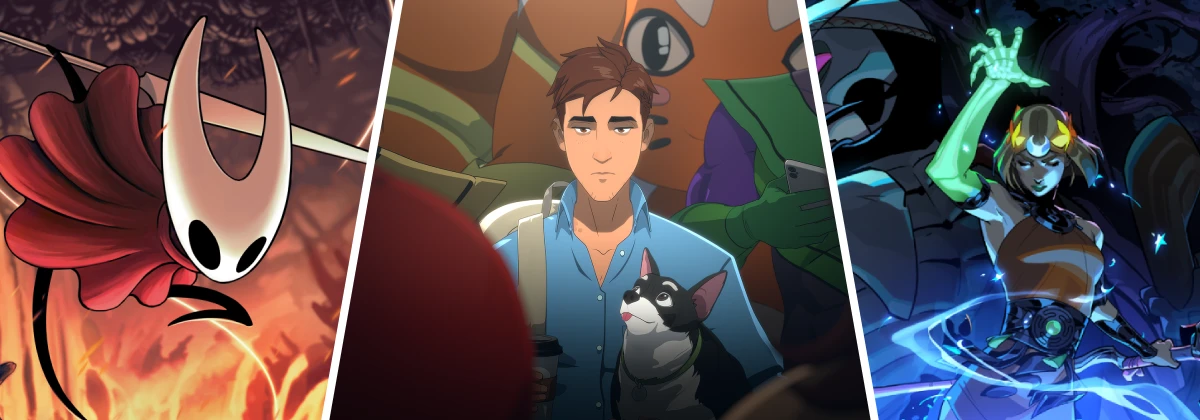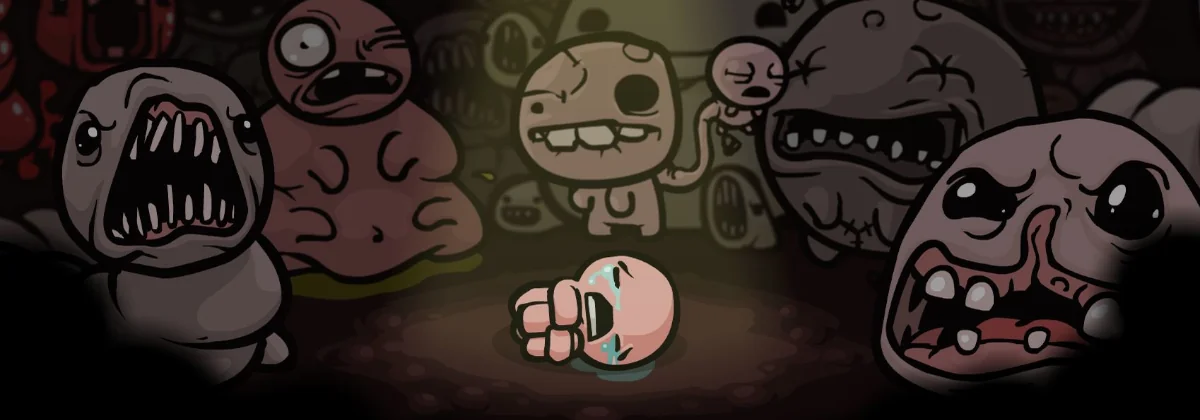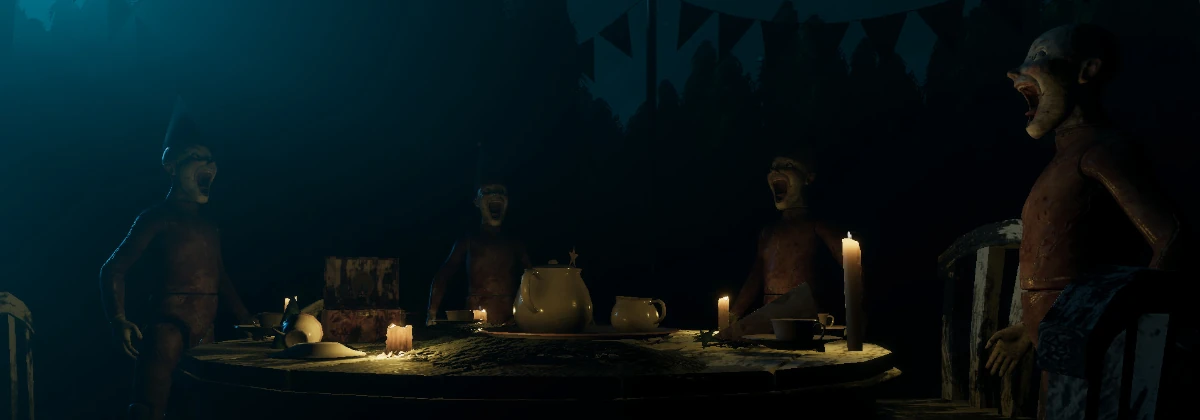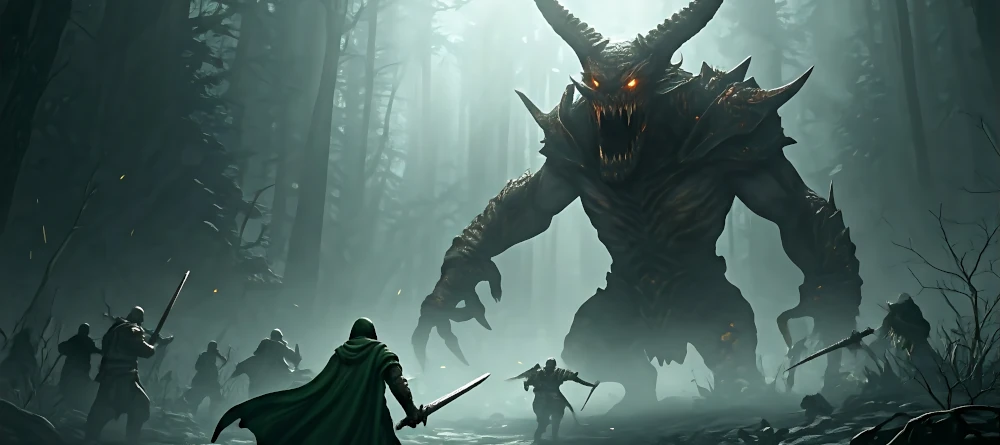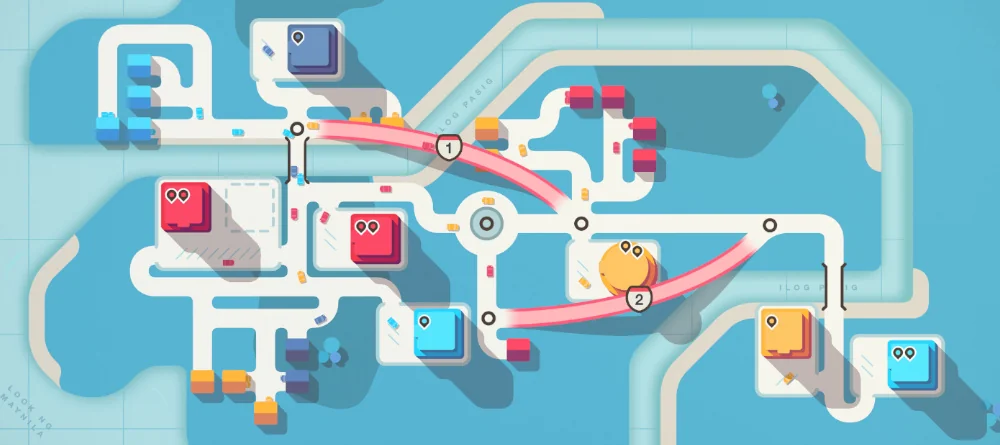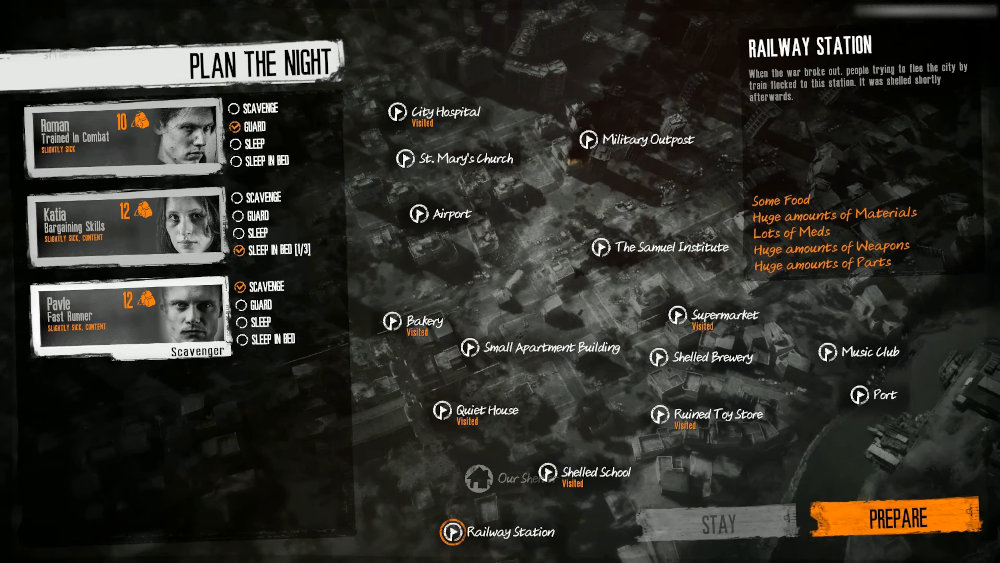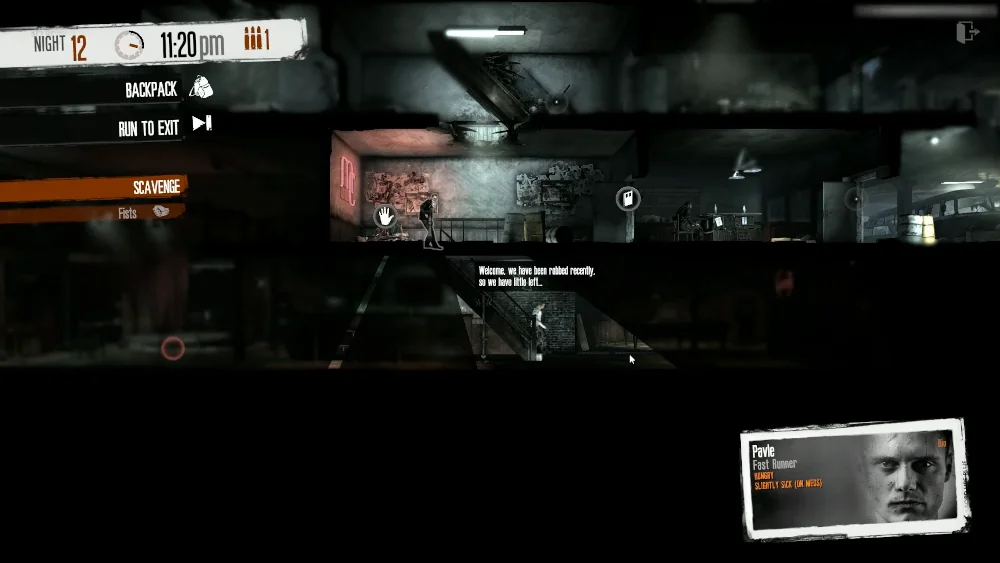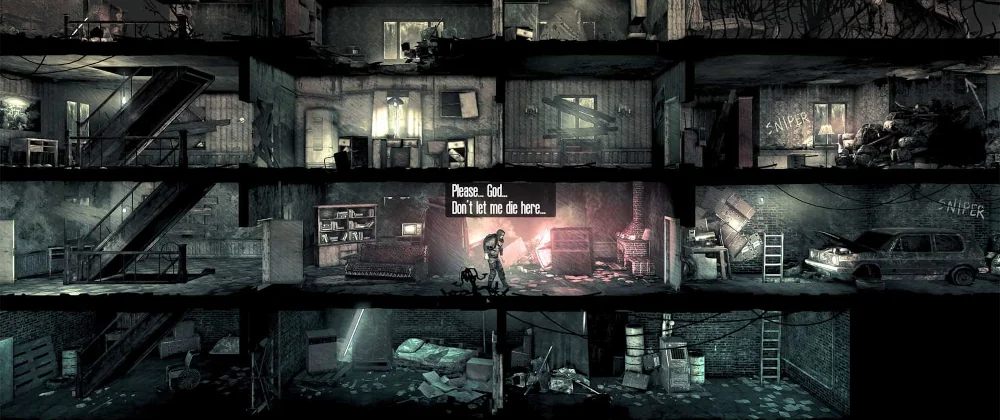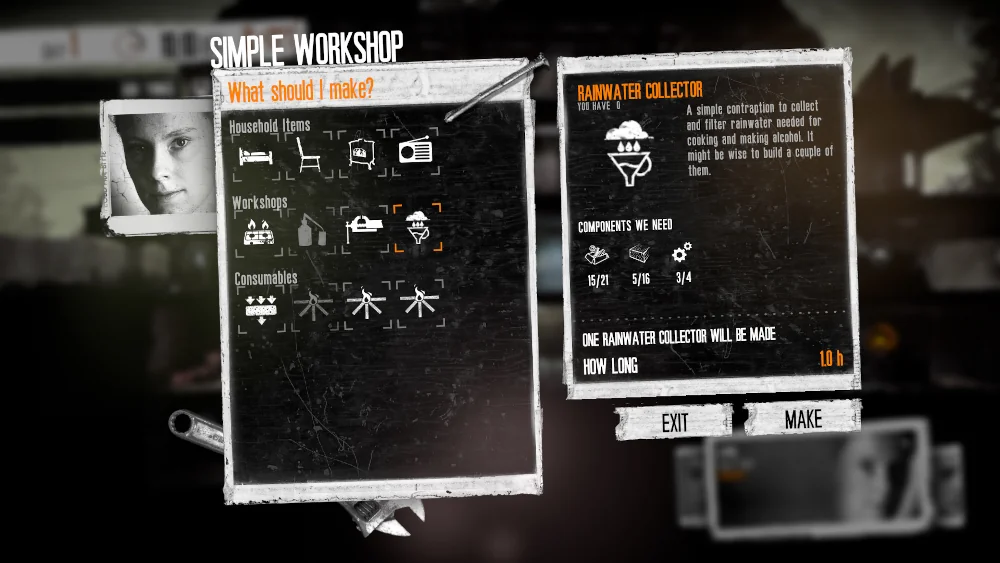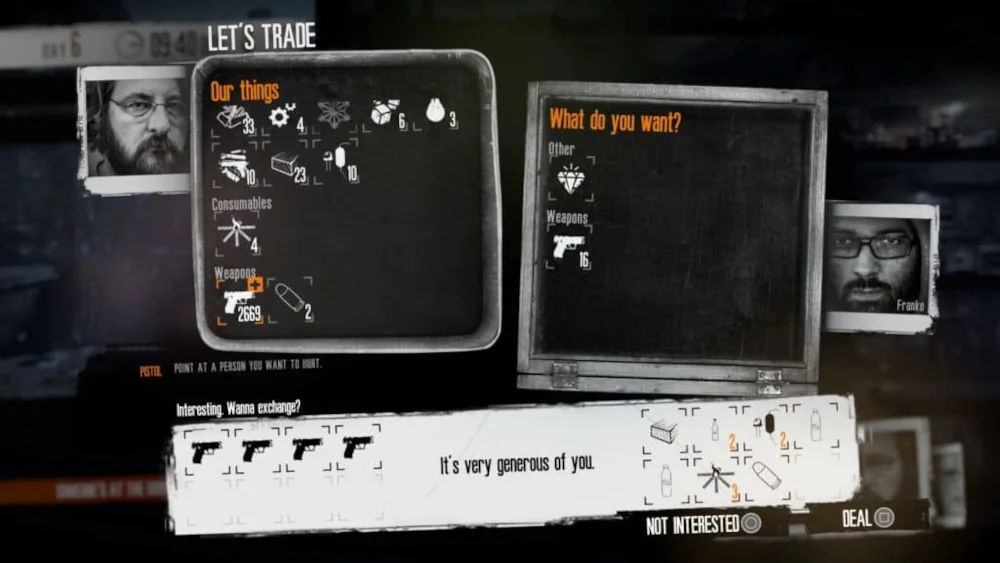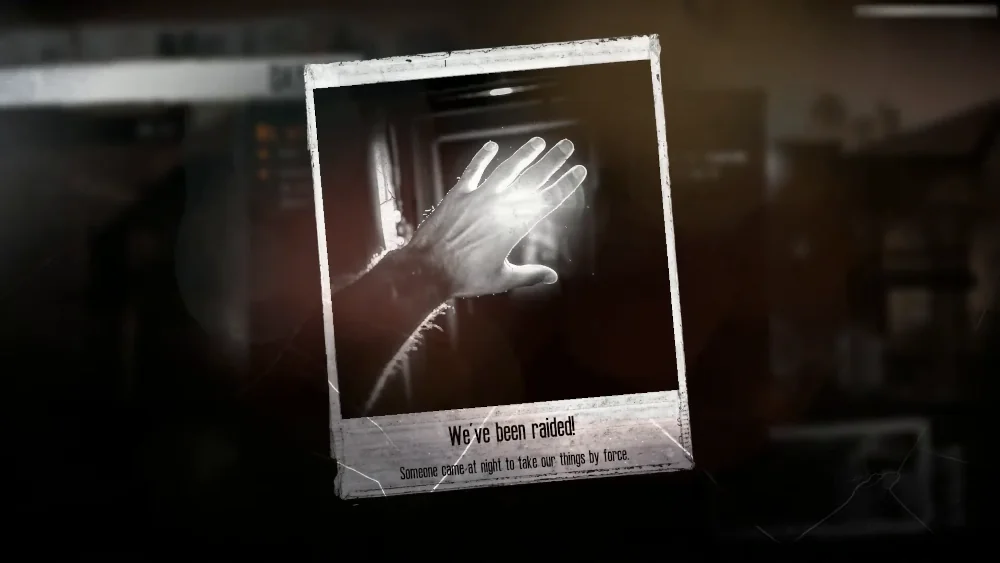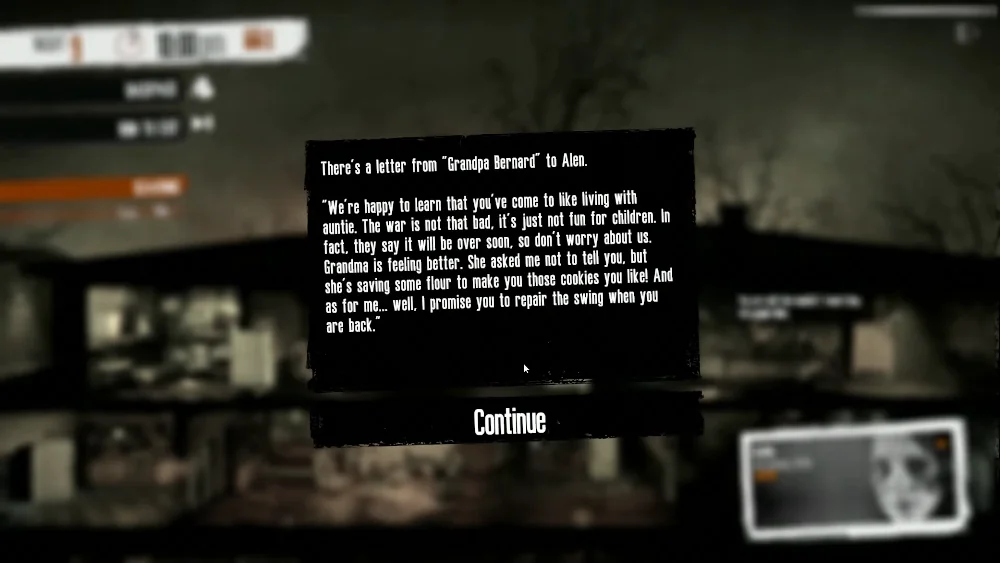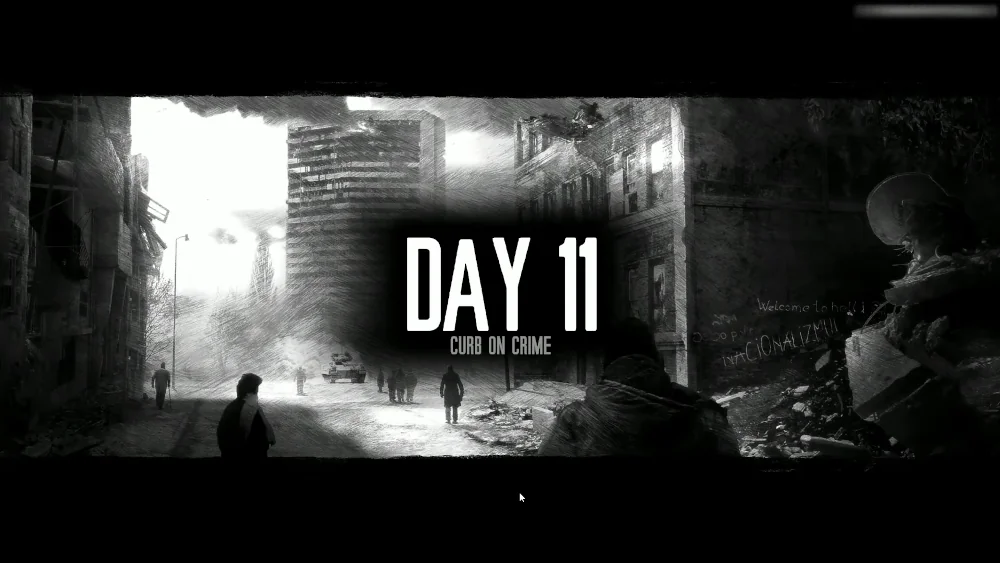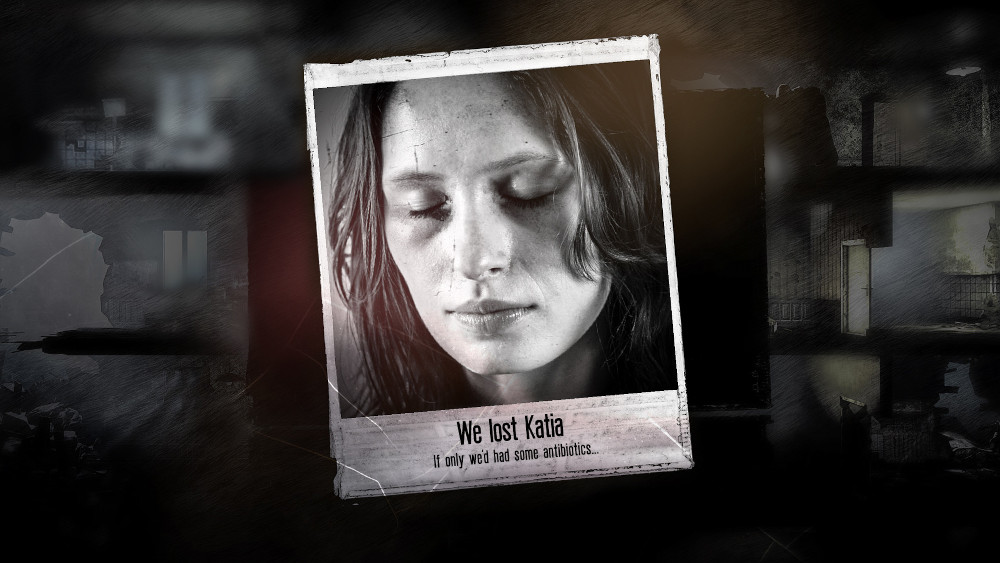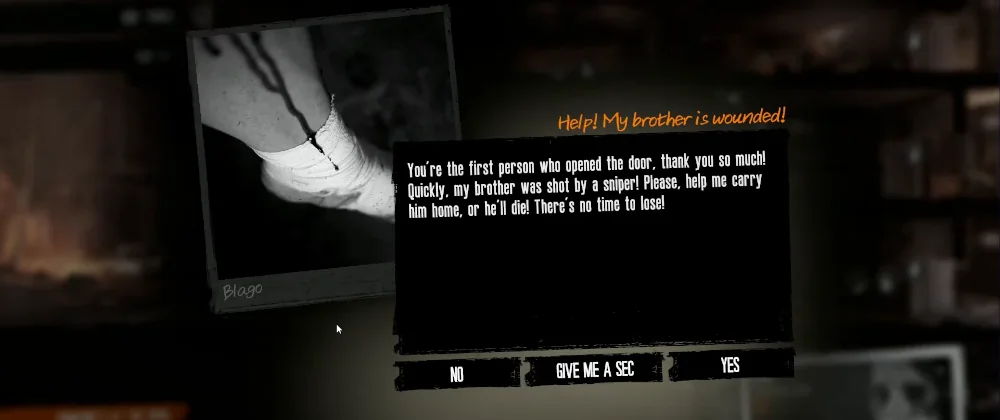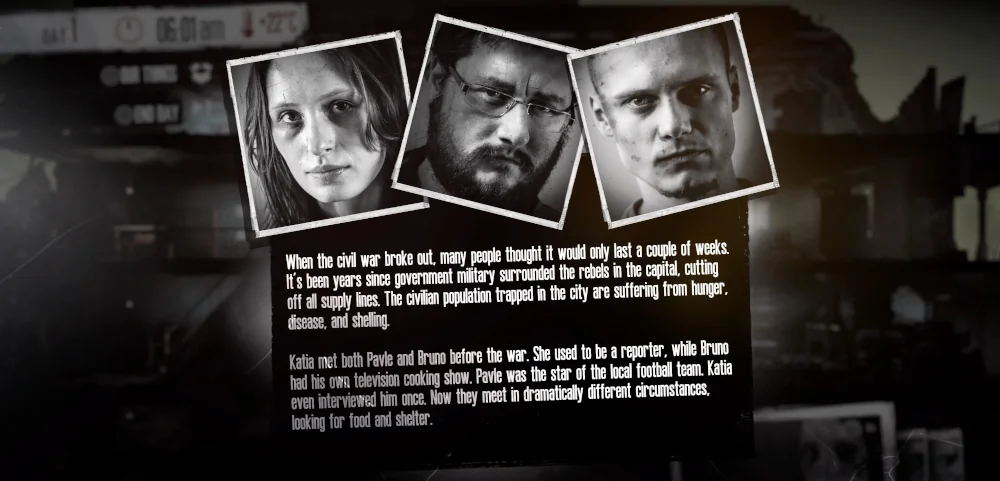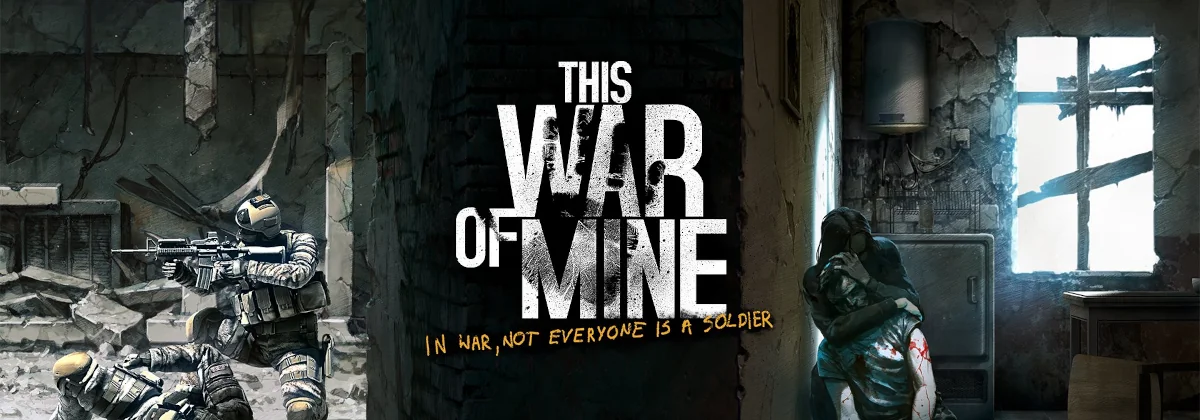
When Survival is Actually a Story: An Analysis of This War of Mine
Most survival games throw you into the wilderness with nothing but your wits and maybe a rusty axe. You gather wood, hunt animals, and build increasingly elaborate bases while dodging zombies or hostile players. But what happens when survival isn't about conquering nature but it's about enduring the worst humanity can offer? This War of Mine answered that question in 2014, and the result was something that fundamentally changed how we think about the survival genre.
Beyond Resource Management: The Human Cost of War
Unlike typical survival games that focus on external threats, This War of Mine turns the camera inward. Sure, you still need food, medicine, and materials, but the real scarcity is hope. Every decision carries moral weight that most games in the genre completely ignore.
When you send Bruno to scavenge the supermarket, you're not just collecting resources. You're forcing a musician to potentially become a thief, watching him wrestle with actions that chip away at his humanity piece by piece. The game's genius lies in making survival feel genuinely costly, not just in terms of health points or stamina, but in terms of who your characters become.
The Shelter as Narrative Device
The game's central location, your bombed-out shelter, functions as more than just a home base. It's a character in itself, telling the story of lives interrupted and dreams deferred.
Each room you clear, every piece of furniture you craft, tells a story about adaptation and resilience. The workshop where Pavle learns to make weapons. The garden where Katia grows vegetables in makeshift planters. These aren't just gameplay mechanics, they're acts of defiance against despair.
The genius is in the details: the way characters leave personal items around, how they react to improvements in their living space, the small conversations that happen during crafting. Your shelter becomes a monument to persistence, even when everything else falls apart.
Mechanics That Mirror Reality
This War of Mine succeeds because its gameplay systems don't just simulate war, they simulate the psychological toll of war. The depression mechanic isn't just a status effect; it's a representation of trauma that affects everything your characters do.
When Marko becomes "sad" after witnessing violence, it's not just flavor text. His efficiency drops, he eats less, he becomes withdrawn from other characters. The game forces you to consider the mental health of your survivors alongside their physical needs, something most survival games treat as an afterthought, if they address it at all.
The day/night cycle reinforces this theme perfectly. Days are for recovery, crafting, and human connection. Nights are for desperate choices and moral compromises. This rhythm mirrors the reality of civilian life during wartime: moments of normalcy punctuated by terrifying necessity.
The Stories We Tell Ourselves
What makes This War of Mine particularly powerful is how it generates emergent narratives that feel deeply personal. Every playthrough creates a unique story of survival, loss, and compromise.
Maybe your story is about Pavle, who started as a quiet mathematician but became the group's designated scavenger, returning each morning a little more haunted. Or perhaps it's about the difficult decision to turn away other survivors because you barely have enough supplies for your own people, a choice that haunts you for the rest of the campaign.
These aren't scripted moments, they emerge naturally from the game's systems. The randomized events, the moral choices, the resource scarcity all combine to create stories that feel authored by your own difficult decisions rather than by game designers.
A New Template for Meaningful Survival
This War of Mine proved that survival games don't have to be power fantasies about conquering nature or other players. They can be intimate examinations of what it means to remain human under inhuman circumstances.
The game's influence can be seen in titles like Frostpunk, which similarly uses survival mechanics to explore moral questions, or Papers, Please, which finds drama in mundane bureaucratic decisions. These games understand what This War of Mine taught us: the most compelling survival challenges aren't about fighting monsters, they're about not becoming one.
The Weight of Choice
In most games, difficult choices are academic exercises. Do I take the paragon or renegade option? Do I save the village or take the money? This War of Mine makes choices feel genuinely weighty because the consequences are lived rather than simply experienced.
When you decide whether to steal medicine from an elderly couple, you're not just selecting a dialogue option. You're watching your character's hands shake, seeing the impact on their mental state, living with that choice for the remainder of the campaign. The game doesn't judge you, it simply shows you the costs and lets you carry them.
Conclusion: Survival as Storytelling
This War of Mine transformed the survival genre by understanding a fundamental truth: the most interesting survival stories aren't about the clever ways we overcome challenges, but about how those challenges change us. It proved that gameplay mechanics could be vehicles for emotional storytelling, that resource management could be deeply personal, and that the question "How do I survive?" is infinitely more interesting when paired with "What kind of person do I become in the process?"
The game's lasting impact extends far beyond its immediate genre. It demonstrated that video games could tackle serious subjects without sacrificing their fundamental nature as interactive entertainment. It showed that players were hungry for more meaningful experiences, ones that challenged not just their reflexes or problem-solving skills, but their values and assumptions about human nature.
Years after its release, This War of Mine remains unmatched in its ability to use survival gameplay as a storytelling medium. It didn't just give us a new way to play, it gave us a new way to think about what games can do when they treat survival not as a challenge to overcome, but as a story worth telling. The game stands as proof that the medium's greatest strength isn't its ability to let us escape reality, but its power to help us understand it more deeply.
In a genre often obsessed with conquest and accumulation, This War of Mine dared to ask: What if surviving wasn't about winning, but about remaining human? The answer, as any player will tell you, is a story worth experiencing, even if it's one you'll never forget.
And perhaps more importantly, it's a story that lingers long after the final credits roll, continuing to ask uncomfortable questions about who we are and who we might become when everything familiar falls away.
War does not determine who is right, only who is left.
Latest articles

